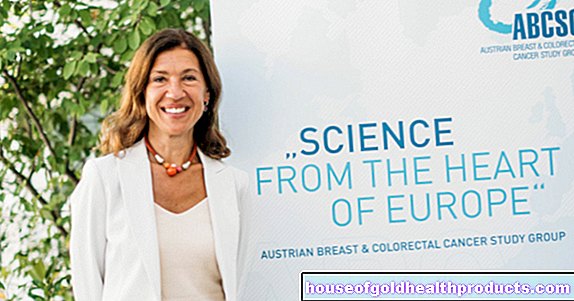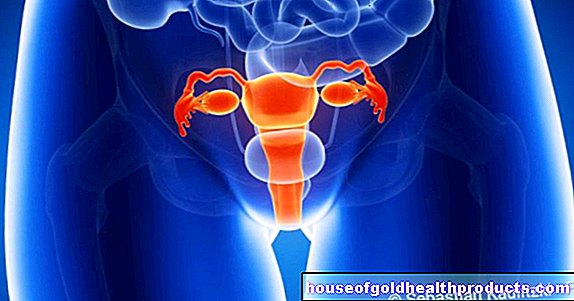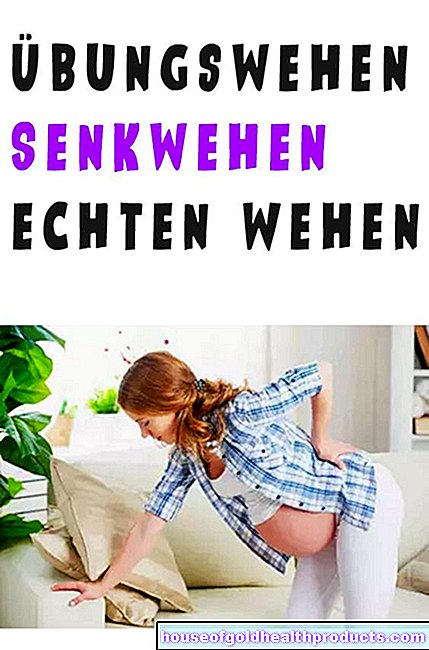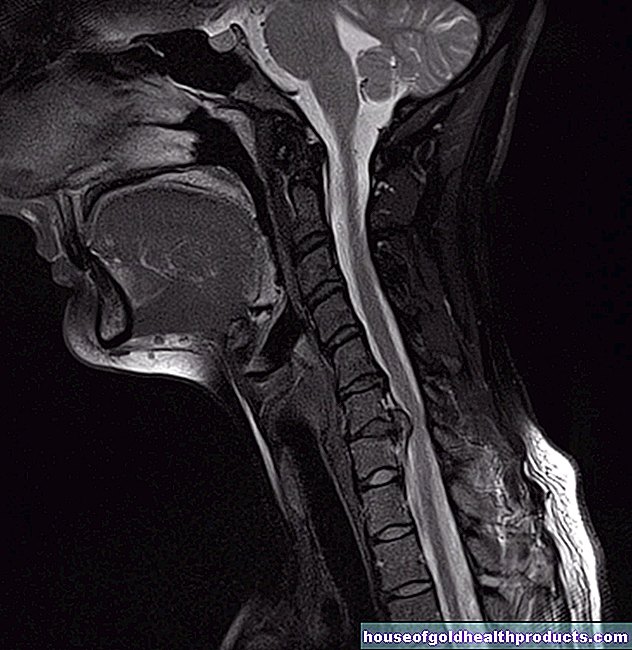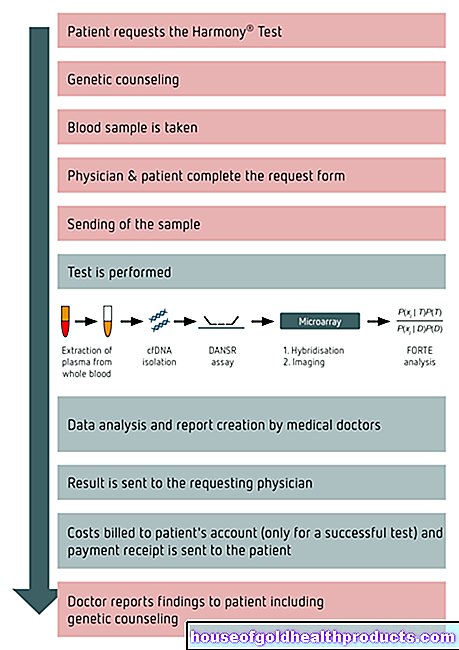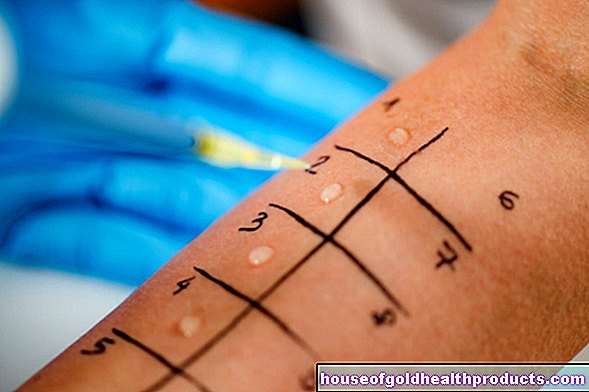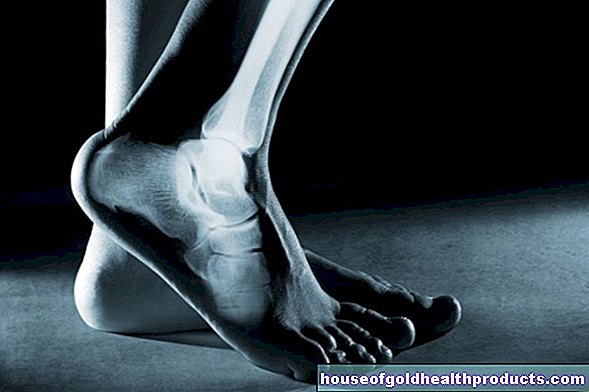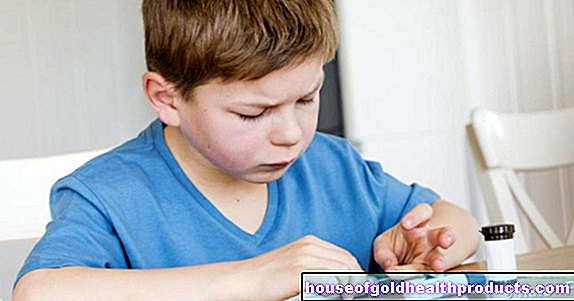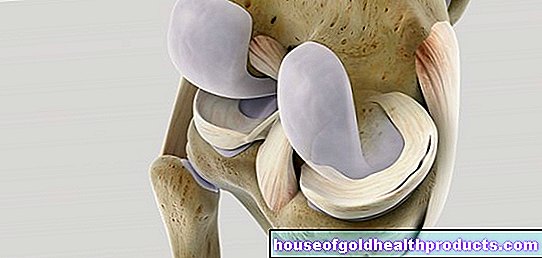The misfortune after the first child
All content is checked by medical journalists.It's finally here, the long-awaited offspring. Now family happiness could be perfect. But with many new parents it is different: They are even less happy than before. Your life satisfaction drops drastically at times. As a result, many parents forego having another child.
“The experience of the parents during and after the first birth also determines how big the family will be in the end,” says Mikko Myrskylä from the Max Planck Institute for Demographic Research (MPIDR) in Rostock. Together with colleagues, the scientist examined how dissatisfaction after giving birth affects family planning.
For the investigation, the researchers use data from the long-term study "Socio-Economic Panel" (SOEP). Every year the approximately 20,000 participants rated their satisfaction with life on a scale from zero to ten, with ten standing for maximum satisfaction. They also answered other questions about their life situation - including the birth of a child.
The procedure is particularly suitable for uncovering the changes in life satisfaction in this situation - because admitting that not everything is completely sunshine with a child is still a taboo.
Loss of satisfaction
Around 70 percent of parents were more dissatisfied in the first year of parenthood than in the previous two years. On average, mothers and fathers recorded a loss of 1.4 points in satisfaction. That doesn't sound serious, but it is comparatively high: According to international studies, unemployment or the death of a partner only reduces satisfaction by an average of about one point on the same happiness scale, and divorce by only 0.6 units. Over a third of the parents even felt that they were two or more units of happiness minus.
Damaged desire to have children
With serious consequences: The strength of the loss of happiness had a significant impact on the willingness to have more children: Of the parents who reported a loss of three or more happiness points, only 58 percent had a second child within a decade. If, on the other hand, the parents did not experience any loss of quality of life after the first addition to the family, 66 percent opt for more children. This connection was particularly pronounced among parents who had only had their first child from the age of 30. The same applied to parents with a higher level of education.
Lost autonomy
The study does not investigate what specifically reduces the happiness of most new parents. The researchers still have suspicions: "In general, young parents initially often complain about a lack of sleep, difficulties in relationships and the loss of freedom and control over their lives," says Myrskylä. "Politicians who are worried about low birth rates should make sure that the young parents are doing well with their first child - around the birth and afterwards." The compatibility of work and family also plays a role.
The research results help to explain a contradiction: Most Germans still want two children. In fact, the number of births per woman has been below 1.5 for 40 years. Perhaps this is not only due to the fact that many people remain childless, but also to the bad experiences with the first child.
In the long term, the benefits outweigh the benefits
The scientists encourage young couples to have multiple parents - even if the first year can be tough. Myrskylä says: "Despite the dissatisfaction after the first child, up to two children have a long-term positive effect on happiness in life." In the balance of happiness in life, the advantages outweigh the advantages, despite the short thirst for satisfaction.
Source: Press release Max Planck Institute for Demographic Research, Silvia Leek, August 5th, 2015
Tags: palliative medicine teenager medicinal herbal home remedies
